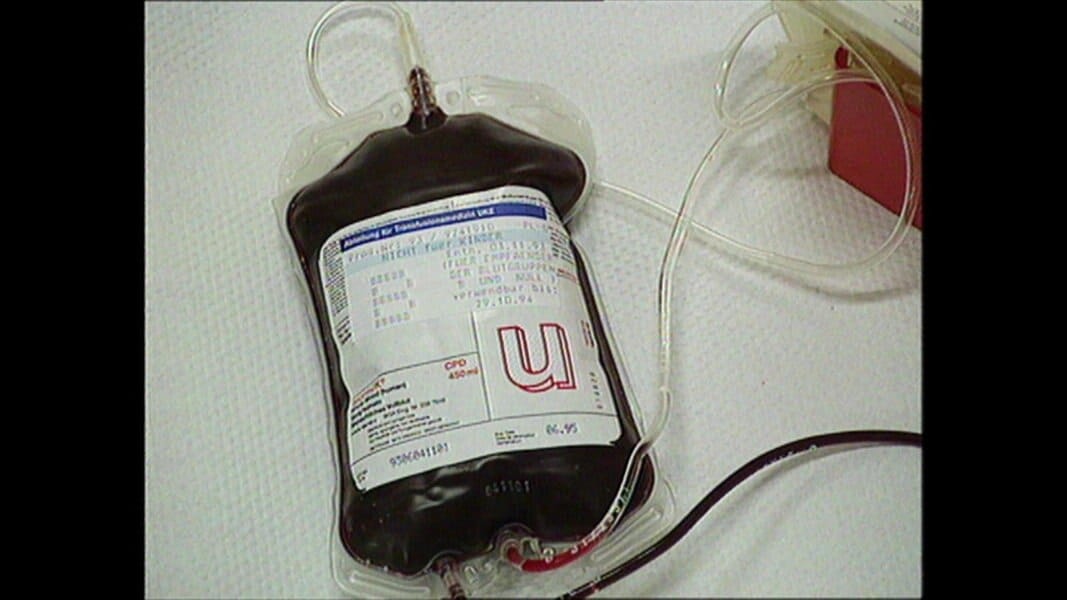The Democratic Republic of Congo is facing a new health crisis as a mysterious disease has broken out in the country, killing scores of people and leaving many more hospitalized. The disease, which has not been identified, has been reported in several provinces, including North Kivu, South Kivu, and Ituri.
According to reports, the disease is characterized by symptoms such as fever, headache, and muscle pain, followed by severe bleeding and organ failure. The disease appears to be highly contagious, with many cases reported among family members and healthcare workers.
The World Health Organization (WHO) has been notified of the outbreak and is working closely with local authorities to contain the spread of the disease. A team of WHO experts has been deployed to the affected areas to provide technical assistance and support to the local health authorities.
“We are working around the clock to identify the cause of the disease and to develop a response strategy,” said a WHO spokesperson. “We urge the public to remain calm and to follow the instructions of the local health authorities.”
The WHO has also alerted neighboring countries to be on the lookout for any cases of the disease and to take measures to prevent its spread.
The Democratic Republic of Congo has a long history of dealing with infectious diseases, including Ebola, cholera, and malaria. However, the country’s healthcare system is often overstretched and under-resourced, making it difficult to respond to outbreaks.
The current outbreak has raised concerns about the country’s preparedness to deal with infectious diseases. The WHO has been working with the government to strengthen the country’s health system, including improving disease surveillance and response.
The identification of the disease is a complex process that involves laboratory testing and epidemiological investigation. The WHO is working with local health authorities to collect and analyze samples from affected patients.
In the meantime, the WHO has recommended that people in the affected areas take precautions to prevent the spread of the disease, including washing hands regularly, avoiding close contact with people who are sick, and avoiding sharing food and drinks.
The outbreak has also raised concerns about the impact on the local economy and social services. The WHO is working with the government to assess the impact of the outbreak and to develop a response plan.
The international community has also been alerted to the outbreak, and several countries have offered assistance to the Democratic Republic of Congo. The WHO has welcomed the support and is working with partners to coordinate the response.
As the situation continues to unfold, the WHO and local health authorities are urging people to remain calm and to follow the instructions of the health authorities.
“We are doing everything we can to contain the outbreak and to support the people of the Democratic Republic of Congo,” said the WHO spokesperson. “We urge the public to remain vigilant and to take precautions to prevent the spread of the disease.”
In the meantime, the WHO is working around the clock to identify the cause of the disease and to develop a response strategy.
Background:
The Democratic Republic of Congo is a country in central Africa with a population of over 80 million people. The country has a long history of dealing with infectious diseases, including Ebola, cholera, and malaria. The country’s healthcare system is often overstretched and under-resourced, making it difficult to respond to outbreaks.
The WHO has been working with the government to strengthen the country’s health system, including improving disease surveillance and response. The WHO has also provided technical assistance and support to the government to respond to outbreaks.
The current outbreak has raised concerns about the country’s preparedness to deal with infectious diseases. The WHO is working with the government to assess the impact of the outbreak and to develop a response plan.
Timeline:
* March 2023: Reports of a mysterious disease emerge in North Kivu province.
* March 2023: The WHO is notified of the outbreak and deploys a team of experts to the affected areas.
* April 2023: The disease is reported in several provinces, including South Kivu and Ituri.
* April 2023: The WHO alerts neighboring countries to be on the lookout for any cases of the disease.
* April 2023: The WHO recommends that people in the affected areas take precautions to prevent the spread of the disease.



